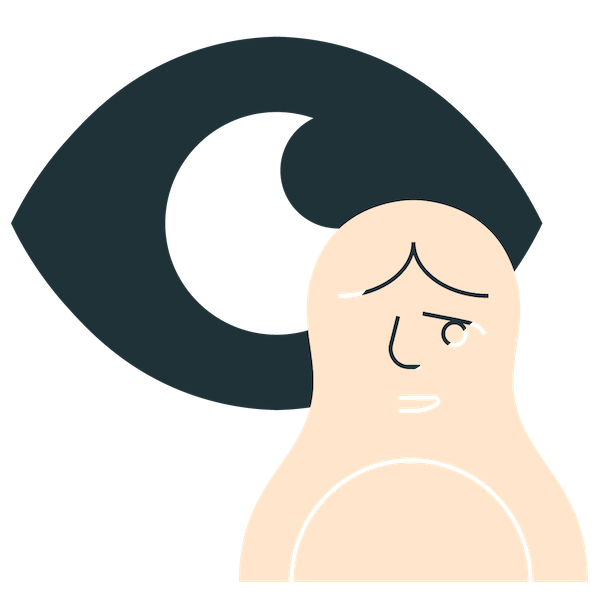I’ve been in the professional services industry my entire career. First, as a CPA, then a consultant and strategist. There’s much I like about it and a lot that I’ve learned along the way. But there’s also a lot I don’t like. And more importantly, there are many ways I think folks in the professional services industry don’t have the impact they intend to, and can even cause harm. There’s a certain “consulting culture” I’ve observed, learned from, and have been trying to unlearn as I realize the parts that don’t align with the impact I want to have in the world.One of the biggest issues I have with the industry is the power dynamic that’s usually created between consultant and client, in which the consultant is hired to know everything and be the “expert”, with the assumption that the client doesn’t know anything about the particular topic. I often hear other consultants say that clients “think they know what they want, but often don’t know what they need.” Perhaps. But I don’t think that’s really the whole story. Maybe they don’t have the language to tell you what they need, or it’s a little too muddled because there are so many things they need, or they know the end goal but just don’t know how to get there.
A prime example is in branding projects (full disclosure: I’ve only been on the client side of these, but that’s what allows me to see this perspective). I often hear from consultants that their clients say they want a website but what they really need is a brand and messaging. Sure, that’s definitely true. But I think the clients know that. That’s why they hire someone - to do all the difficult work, processes, iterations and design work that it takes to get them to….a website. Maybe the client doesn’t know all the steps, but you better believe they can tell you what will work and what won’t in that final website. Ultimately, they know best what will work for them and their organization. They know the history and have a deep understanding of their own organization. They understand the potential barriers, the nuances of their industry and audience, and how their team works best. Acting as if we have all the answers as consultants takes away the client’s sovereignty. They likely have an idea of what they need, they just need to be asked the right questions to get there. Blaming the client for “not knowing what they need” or not knowing how to explain it is really an excuse for not asking the right questions.Then there’s the perfectionism and unrealistic expectations we put on the consultant/service provider! If they are hired to be the expert, to know all the answers, it makes it really difficult to admit to mistakes or accept failure, which is all an important part of innovation and change (which is almost always a key part of a consulting engagement). This also discourages asking questions of the client. One example I often see is in the B Corp consulting space. I’ve seen many consultants tell clients to get as many points as possible by going for the “low hanging fruit” like simple policies they can implement. Or they tell their service based clients to start tracking their energy usage because it’s something they know how to do, and it will get them points (even if their energy usage is minimal). The consultant shows the client they know the way to get them the most points possible. But they often don’t stop to question if those initiatives will be beneficial or impactful to the client, or if they are even necessary to get certified, or if the client even cares about how many points they get beyond the points required to get certified. Also, when people are hired for their expertise, I’ve seen some consultants think they need to do weird things to “prove their value.” One example is needing to “show your work.” I’ve heard some folks brag about how many pages they give to a client in their final deliverable, knowing their client is definitely not going to read it. What a waste! Honestly, as a client I think I’d be pretty annoyed. That just makes me do the work of figuring out what is important. Those scenarios make me feel like the consultant/client relationship is purely transactional. That’s not the kind of relationship I’m interested in when it comes to making real change.Then, of course, there’s the lack of humanity, the sense that our value is only what’s in our heads. As if that’s where all the answers lie. This is more a culture of capitalism and the corporate world in general, but of course it’s especially present in the consulting world. The focus on deliverables, time for money, black and white thinking (as if there is only one right answer) - all of it leaves little room for the wholeness of both client and consultant. And it doesn’t allow for the magic that can be created when they bring their whole selves to whatever problem they are trying to solve.
So, I’ve changed my approach over the years. At The Impact Collective, we don’t believe in a purely consulting approach. I believe in being a consultant at times but really more of a thought partner, a coach, or a guide. I ultimately believe that my clients know best. I want to honor their experience, but help them make sense of it, and when appropriate, add my own experience and expertise if it’s helpful or useful. But ultimately, the client’s opinion, vision, and needs are what matters most. I think my job is really to provide the tools and guidance that will help them get to where they know they want to go.And I listen more than anything. That requires me being present, open, and adaptable. I spend time preparing but I also have to be ok with letting that go if we find it’s not working. I’m more interested in co-creation, not telling someone what’s best. Maybe that’s harder to sell, harder to explain, harder to articulate the value. It can be, if I don’t start by asking the right questions. These days I think my expertise is more in knowing what’s best for the moment. And I mess up! All the time. Of course I mess up. And I don’t shy away from that. I don’t hide it. I build that into our process, talk about it openly. At the end of the day, it’s about bringing more humanity into all of it - sharing power versus having power over others; allowing for the wisdom of hearts, minds, and bodies; and trusting the process.

